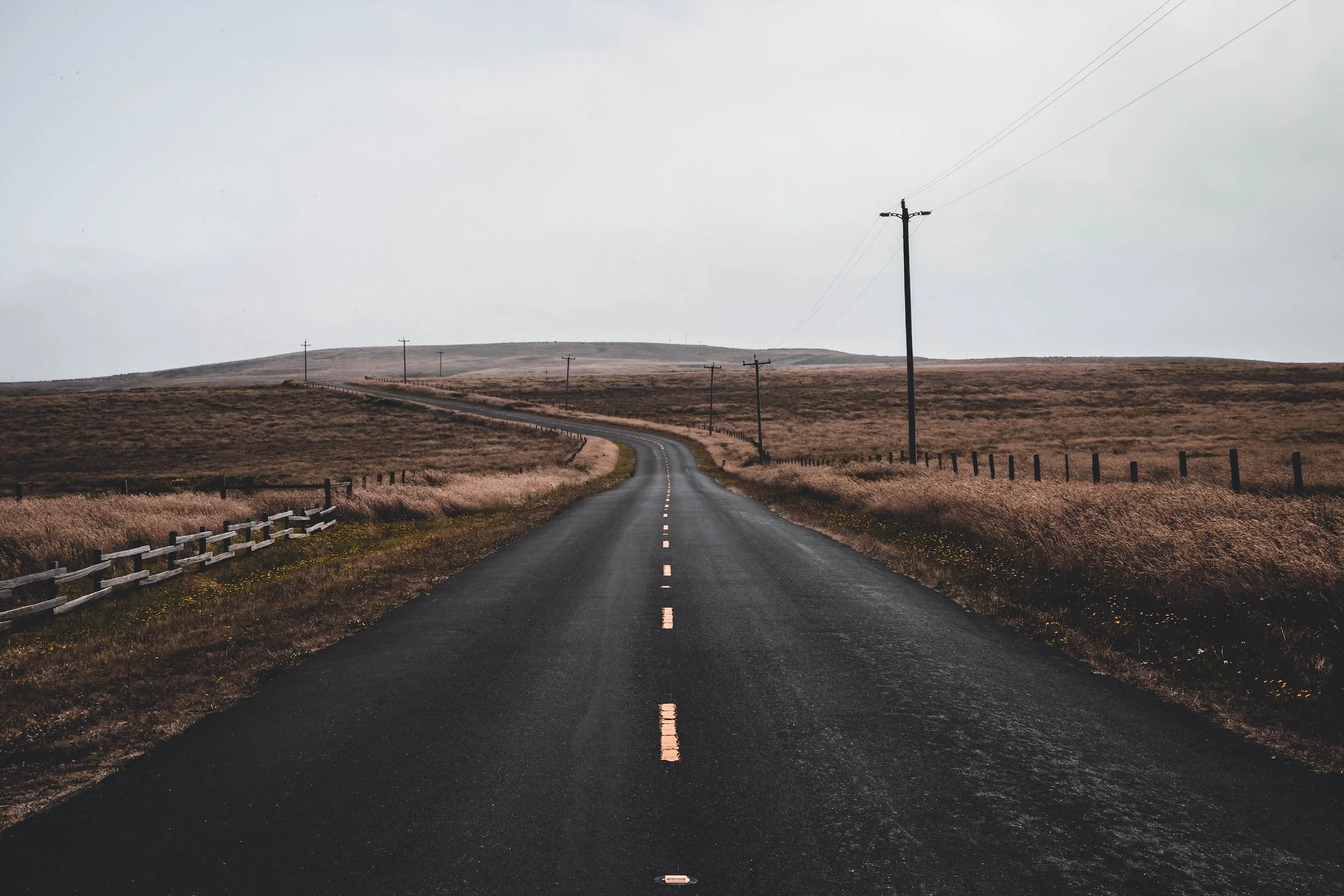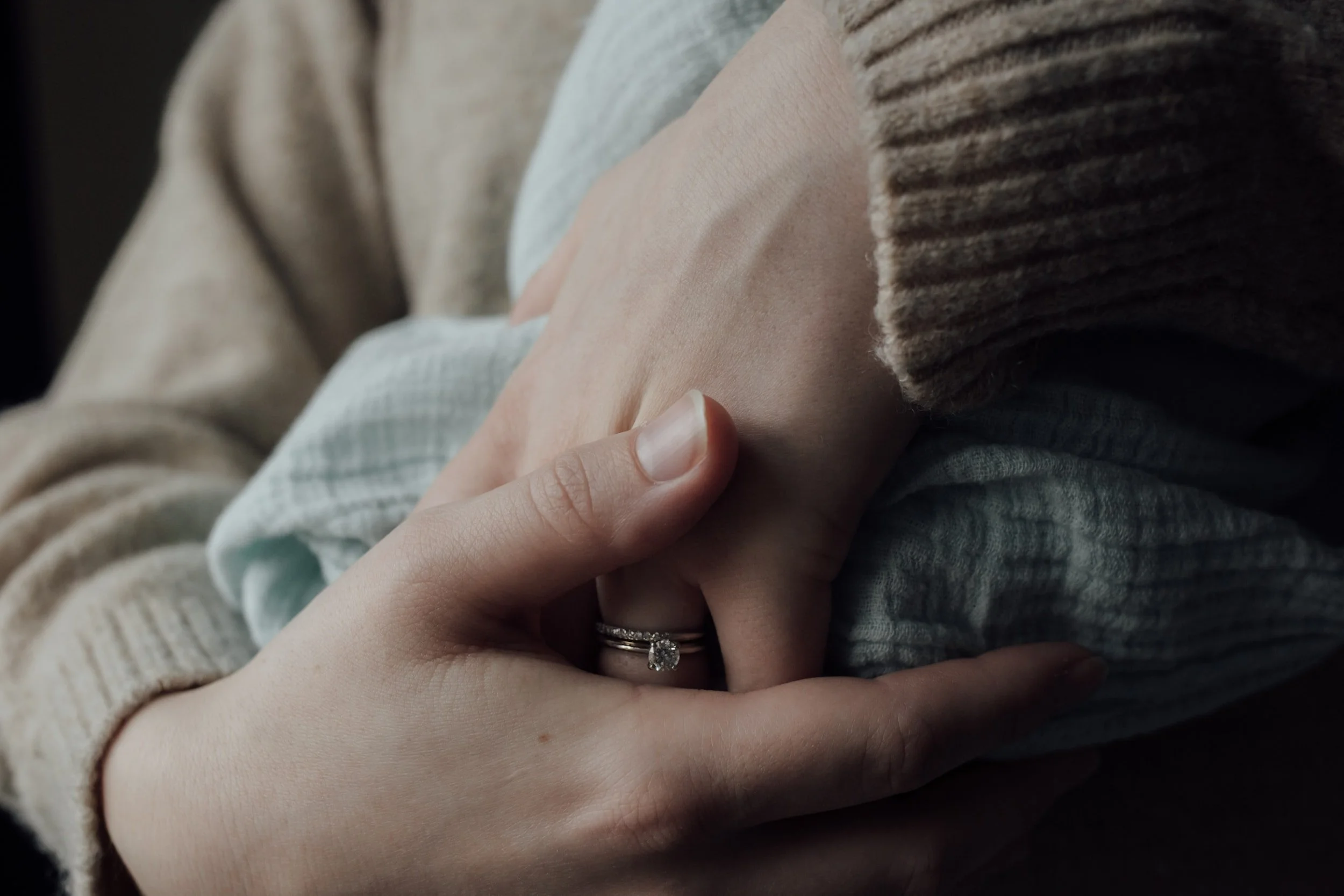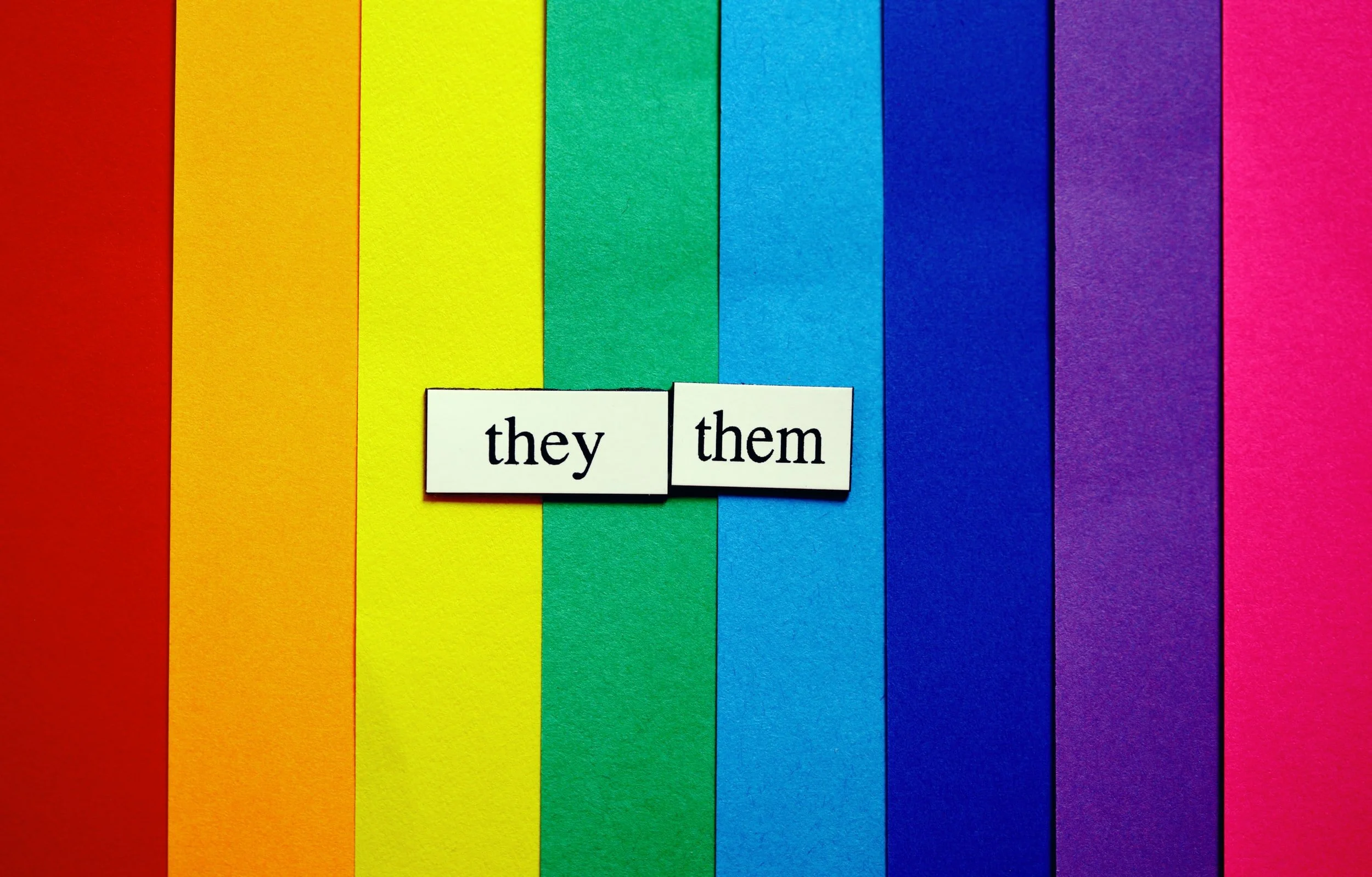The Eunice Williams Nonfiction Prize
The Eunice Williams Nonfiction Prize is an annual literary prize given by HerStry. Each year we invite a guest judge to review the entries and select three winners. Our 2024 guest judge was Kelly McMasters, author of, The Leaving Season and Welcome to Shirley. Kelly read through the final short-listed essays and chose the three that stood out to her for their storytelling, structure, and overall narrative arc.
2024 Eunice Williams Nonfiction Prize Winners
First Place:
The Alchemist's Messenger
by Annie Marhefka
Kelly’s Comments:
”We enter this essay by way of a friendly summer scene in Baltimore, one whose simplicity belies the intricate power of what’s to come. Indeed, the city of Baltimore is a character all on its own here, with its cobblestones and dive bars, row homes and the harbor, building on the idea of home that is so present in this piece. The idea of escape is also layered in early; not from a place, necessarily, but from something more ineffable, and much of the essay shows the imperfect ways we humans try to shield ourselves from loss, shore ourselves up against the waves that inevitably break against us, over and over.
The sudden appearance of an old friend shifts the narrator’s carefully constructed equilibrium: “Despite the beard and the hat and the dark and the swarm of people weaving between us, I felt myself lift at the sight of him.” What I love most about this story is that it goes in a direction I never could have guessed. In lush, languid prose, this writer marshals tragedies alongside magic, creating her own kind of alchemy to build a new definition of family. Hope is central here, and courageous, and the piece ultimately reminds us that sometimes it takes the anchor of an old friend—and the way they see us—to set us back on the right course. “
Second Place:
Buying Time
by Tracy Lum
Kelly’s Comments:
Time, and our inability to control it, is front and center in this powerful essay that opens with the narrator in a fertility center, balancing “false comforts” with hedged bets. The frame of one woman’s decision to freeze her eggs opens up to universal questions of mortality and legacy, helixing themes of isolation, family, and choice. Held against the background of Chinese culture and the pandemic, the narrator finds herself returning to childhood just as she is thinking of having a child herself. Moving back in with her parents in New Jersey during the pandemic, she found herself “…relieved and grateful to see my parents finally, bus also ashamed that once again, I needed my dad to come to my rescue, that I still needed rescuing.” For months the narrator works from her old high school desk, living in what begins to feel like a “time capsule” as she gets to know her parents in a new way; the narrator’s relationship with her father against the backdrop of Chinese culture, pseudoscience, and biological clocks is drawn with particular precision and warmth. Fantastic dialogue injects humor and truth into the interactions with her family, boyfriend, and fertility doctor as she weighs her decisions, which are focused on fertility treatments, but of course extend beyond her own womb. “It was difficult to concretely imagine harvesting biological material from my ovaries,” she writes, “imagine a part of myself existing outside of my body.”
Third Place:
Girlsplaining Grief
by Amy Cates
Kelly’s Comments:
This essay gripped my attention immediately, from the very first lines: “As it turns out, a lot of things stopped working that March. Our oven. Our septic tank, My body.” This spare, lyrical essay takes on the weight of caretaking and loss, along with the agony and comfort of memory. The short, taut sentences are like individual leaves in a pile, one that this writer slowly, methodically rakes together for us, building a unified softness where there was fragmentation, a form where one might otherwise be impossible. Absence hangs over this essay, gives it its tension, its heart. “Bins and bins of washed and organized infant and toddler clothes. Like a consignment shop that never opens. A museum nobody wants to visit.” From the first line to the last, the writer holds us, shows us the shape of her grief.









